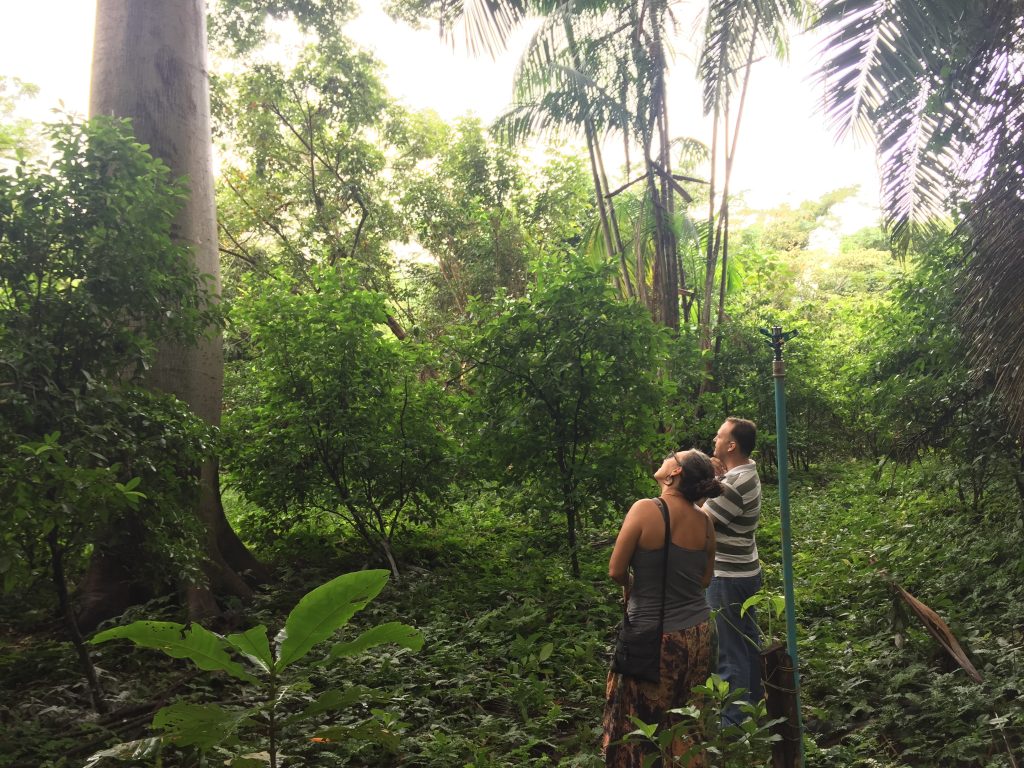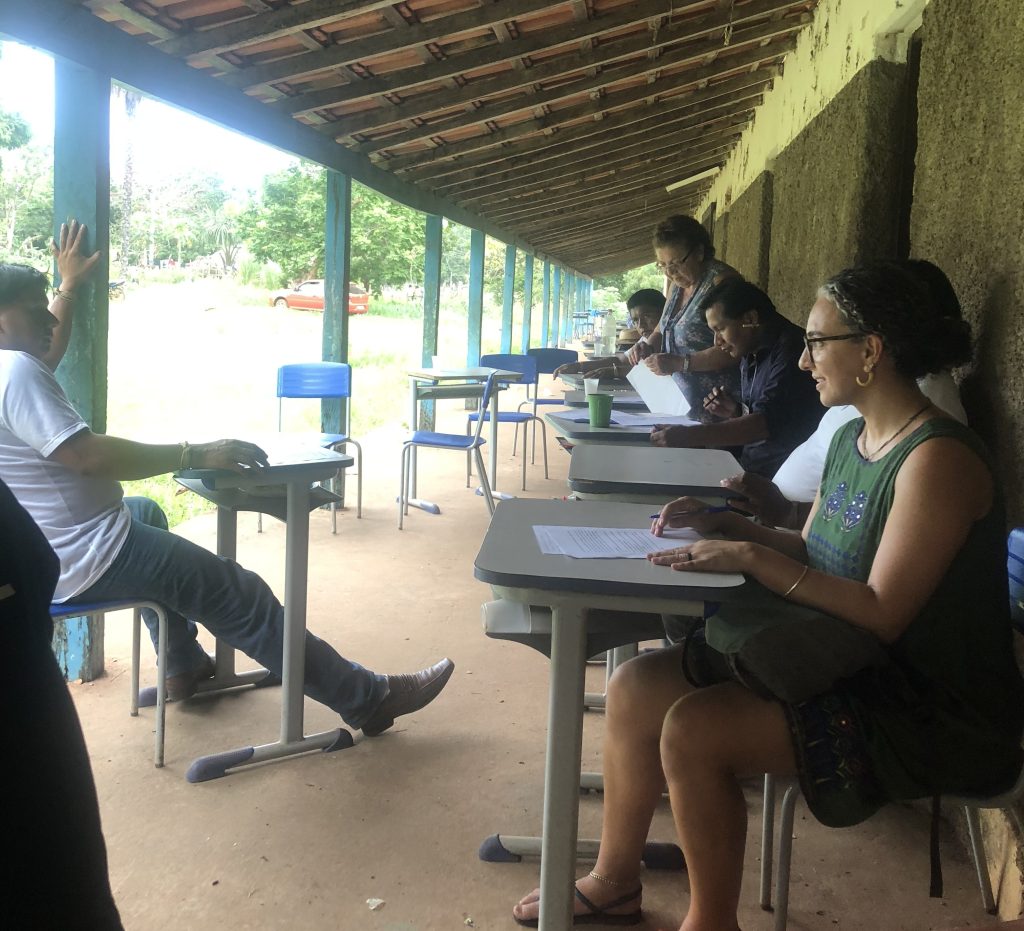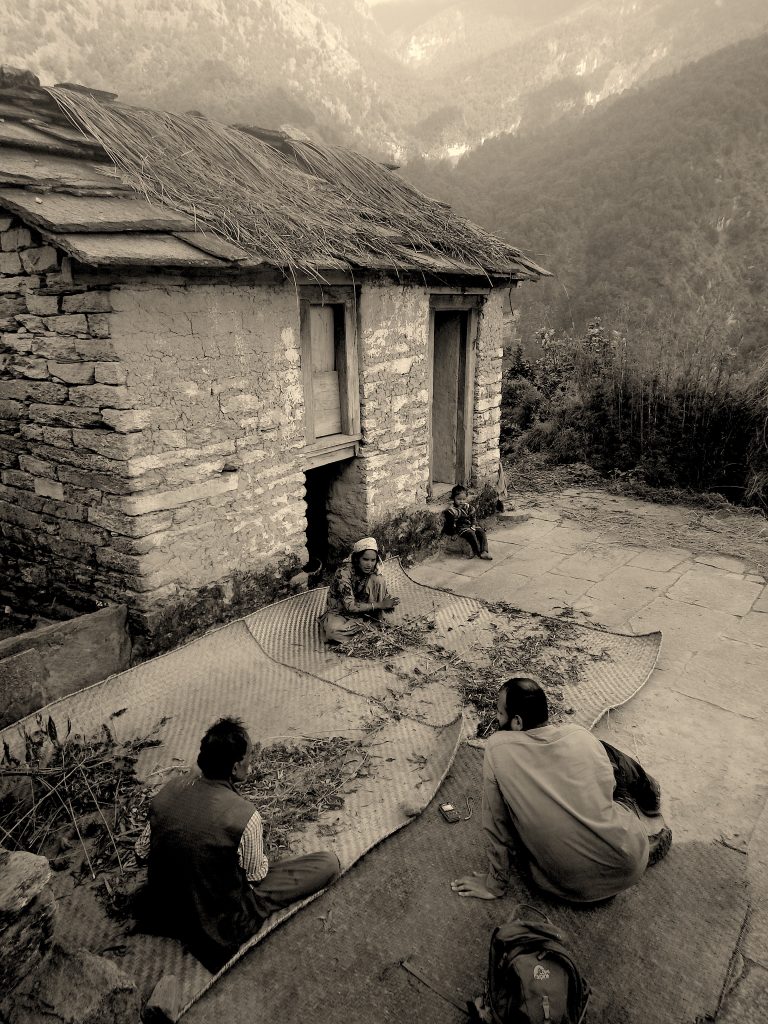Our research weaves Indigenous and Western frameworks to illuminate the relationships between environmental, social, and institutional systems. We co-create knowledge that is culturally grounded, ethically guided, and practically useful, supporting partners in designing transformative, not extractive, solutions.

monitoring & evaluation
Reading socio-ecological indicators of systems and institutional relationships health or imbalance, indicating opportunity for regeneration.
Embedding accountability to institutions working in, with and for local communities and indigenous peoples on ancestral commons (e.g. Land, watersheds etc) to facilitate shared decision-making.
Bridging Indigenous and Western analytic systems without subordinating one to the other.
Develop long-term, community-cantered indicators of change rather than short-term or externally imposed metrics.

participatory project design
Reading socio-ecological indicators of systems and institutional relationships health or imbalance, indicating opportunity for regeneration.
Use visual, interactive, and culturally resonant tools to disseminate findings widely while respecting sensitive information.
Using tohu to navigate away from “maintenance paradigms” (sustainability, resilience) toward renewal and transformation.

data analysis & visualisation
Seeing data as part of a living network rather than a static object.
We integrate qualitative insights (oral histories, cultural indicators) with quantitative metrics.
Check data with data generators and co-design ‘give back’ protocols